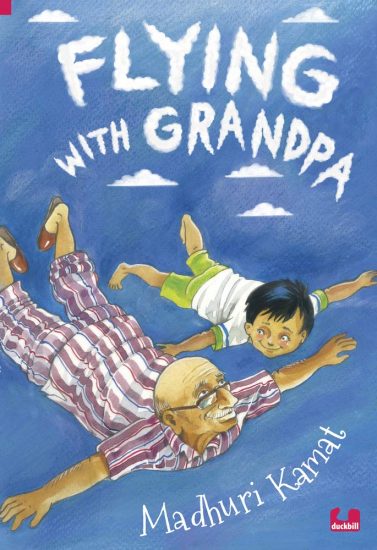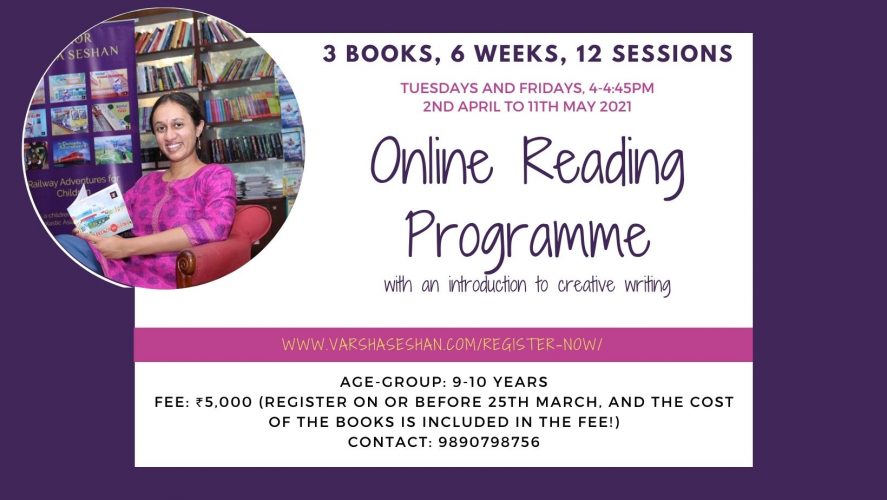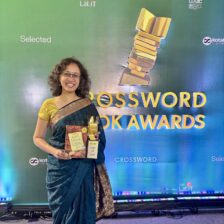I read Flying with Grandpa some time ago and enjoyed it. I wanted to read it with children, but had not yet figured out how. The book is slightly difficult for ages seven and eight, the age-group I was working with.
When parents started asking me about writing programmes for readers who are reluctant writers, the seed of an idea took root. A reading programme with smaller elements of creative writing would be perfect – and there! I had the perfect setup to read Flying with Grandpa!
Xerxes wants to be like his grandfather, his beloved Mamavaji, but his mother has other plans for him. She wants him to be like JRD Tata. She is fierce and determined, pushing Xerxes to do things the correct way all the time.
But his strict mother is just one of Xerxes’s problems. His classmates tease him, calling him ‘Xerox, Xerox’. When his Navjote approaches, they make up a rhyme about not caring a jot about his Nav Jot.
What can Xerxes do to be happy? He doesn’t feel like he belongs with the others in his class. His mother is stern and proper, and he can’t even spell her profession. He just wants to be with his grandpa, who, his mother says, is a bad influence. Can he make sure that he isn’t separated from his Mamavaji? How?

Working with Diverse Characters
Recently, I was asked to judge a creative writing competition. I read 16 stories in all, and in four of them, the lead character was called Mary. I also encountered Brenda, Julian, Olivia and Andrew. For the most part, the stories with Indian settings had a clear moral and a fable-like writing style.
I’ve written before about why this happens, but first, it comes down to what children read. If entertaining stories are overwhelmingly about Laura and James, those are the characters that find their way into what we write. The more we read about diverse characters, the likelier we are to write about them.
A book like Flying with Grandpa is a wonderful place to begin a conversation about diversity and then go on to creating a unique character without a whitewashed identity.
Write What You Know (And Research What You Don't)
‘Write what you know’ is one of the basic tenets of writing, and it’s important to discuss this with children who set out on their writing journeys. I’ve had children set their stories in Pennsylvania, only to spell it Pencilvania (without trying to be humorous). I’ve had stories about boys called Margaret living in Italy. Fantasy is great, imagined worlds are wonderful, but when we’re writing, we need to be aware of how we use characters that have backgrounds unfamiliar to us. Similarly, when we create the setting, if we want it to come alive, we need to begin with something believable – and not set a story in Zaire, South America. (I’m not making this up.)
Book Discussion
Everything about the reading programme isn’t about writing. I want there to be space for the participants to discuss anything the book freely. Participant-led sessions are wonderful because they lead to so many conversations about what we like and dislike, as well as what we think about literature in general. I want to have fun with the book too, creating alternative endings, and using the pictures in the book as writing prompts.
Join a programme


Leave a Reply